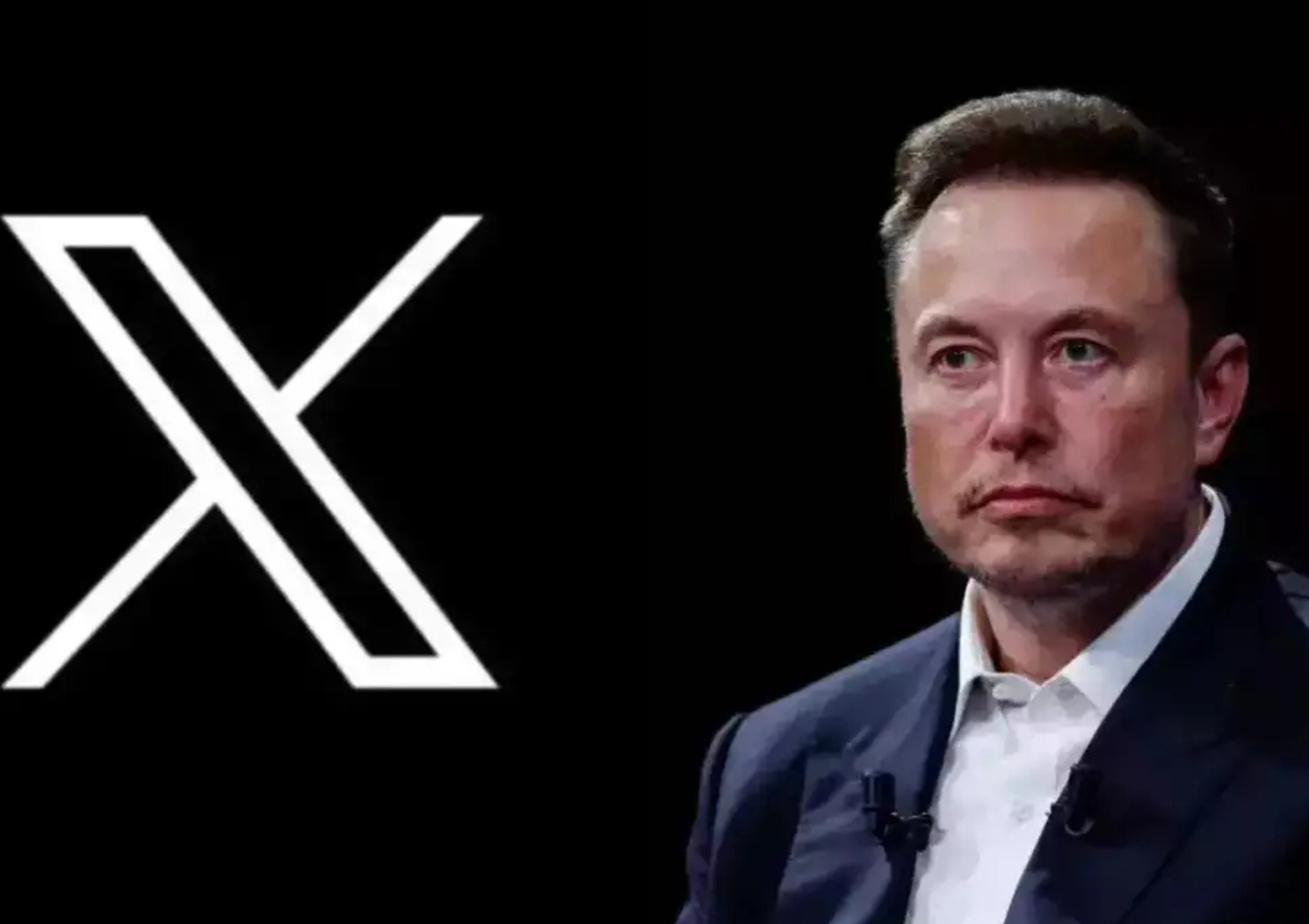
NEW DELHI:
India’s federal government has cautioned that unchecked illegal content on X (formerly Twitter) poses a dire risk to democratic practices. Lawyers representing the Centre informed the Karnataka High Court on Thursday that certain posts masquerading as free speech harbour unlawful and inflammatory material.
In court submissions, the government specifically criticised X for evading responsibility under the Information Technology Act’s “safe‑harbour” provisions, which typically shield platforms from liability for user-generated content. According to authorities, X is exploiting this protection, “in the guise of free speech”, to host illegal material without accountability.
Solicitor General submitted that Rule 3(1)(d) of the IT Rules empowers the government to flag unlawful content to intermediaries like X, urging them to take action. Failure to comply may invite legal proceedings. The hearing reflects the delicate balance between governmental oversight and platform autonomy.
X Corp has pushed back in separate affidavits filed before the same court, alleging that the Centre is bypassing judiciary‑approved safeguards established by the Supreme Court in 2015. The company labelled the government’s tactics “a smart and ingenious workaround” intended to dodge due legal processes.
Experts stress that illegal content may include hate speech, calls to violence or posts that threaten communal harmony, all of which can severely compromise civil liberties and disturb public order. The government’s legal team argued that failing to act on such content offends democratic principles and can “endanger democracy” by polarising public opinion.
In defending its position, X argues that impugned content removal orders do not follow Supreme Court-mandated procedures, which require judicial oversight. The company contends that the government’s approach undermines user due process and creates scope for arbitrary takedowns.
India follows a pattern seen in many democracies, including Brazil and the European Union, where courts and lawmakers increasingly demand strict content moderation to counter disinformation and extremist speech. In India’s context, the debate centres on whether platforms like X should act on government flags immediately or only upon judicial orders.
The Karnataka High Court is expected to continue hearings to clarify the interplay between Rule 3(1)(d) and Supreme Court precedents. Pending judicial resolution, platforms may be required to remove flagged content promptly to avoid liability.
Stakeholders anticipate that the verdict could have wide-ranging implications, not only for how X operates in India but also for future digital regulation. If the court upholds the Centre’s arguments, online intermediaries could be bound to act swiftly on government‑flagged content. If X prevails, it may force the government to rely more heavily on court‑approved mechanisms before ordering takedowns.
As democracies around the world grapple with the challenge of balancing free expression and online safety, the debate unfolding in the Karnataka High Court casts India into the centre of a global conversation about digital accountability and the duty of social media companies.